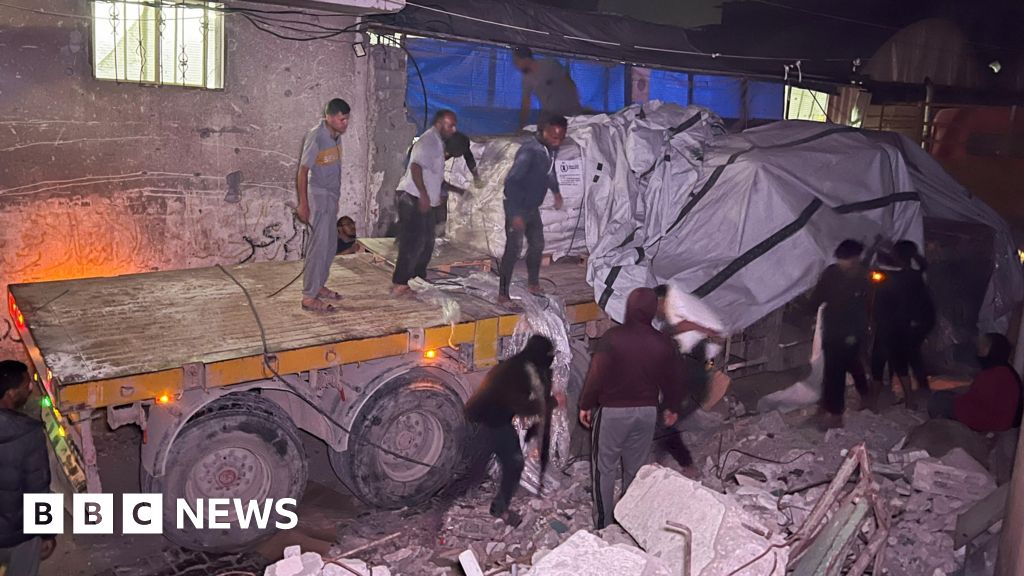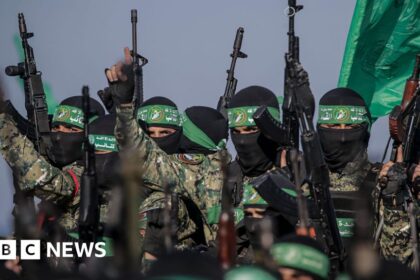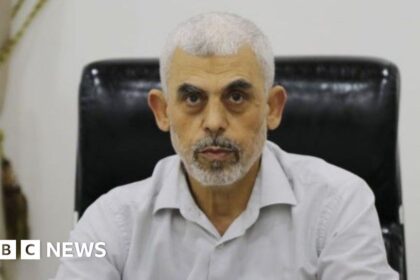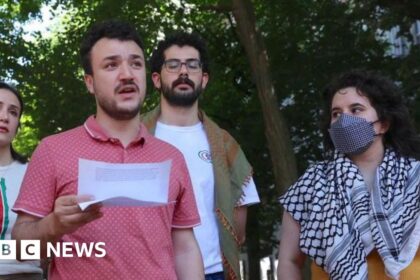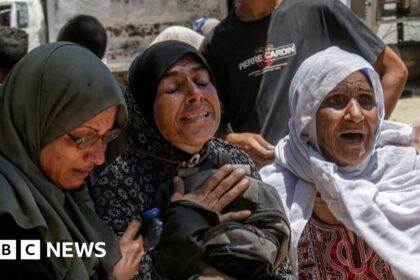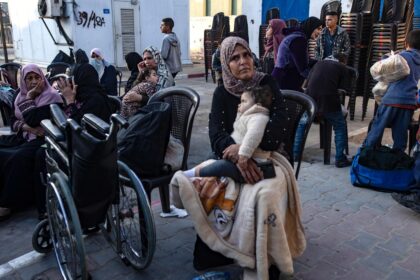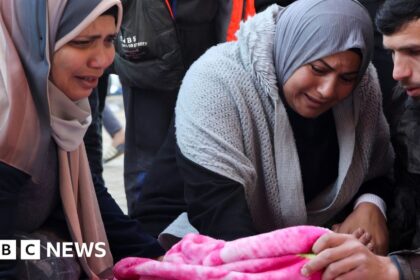**Humanitarian Aid Finally Reaches Gaza, But Concerns Remain**
Three days after Israel lifted its 11-week-long ban on aid, UN teams have collected more than 90 lorry-loads of humanitarian supplies in the Gaza Strip. The aid, including flour, baby food, and medical equipment, was picked up at the Kerem Shalom border crossing on Wednesday evening and taken to storage facilities for distribution.
The delays in delivering aid were caused by insecurity along the single-access route that the Israeli military approved, according to the UN. Despite this, Israeli authorities confirmed that they allowed 100 additional lorry loads to pass through Kerem Shalom on Wednesday. However, UN officials said that it was “not enough” to meet Gaza’s vast needs.
**Gaza Faces Acute Hunger and Malnutrition**
Humanitarian organizations have warned that the 2.1 million people in Gaza are suffering from acute hunger, with a greater proportion of them being diagnosed with acute malnutrition. The UN-backed assessment of the Integrated Food Security Phase Classification has also stated that half a million people will face starvation within the next few months.
Antoine Renard, a senior official with the World Food Programme (WFP), told the BBC before the operation that the problems in collecting aid arose due to the Israeli military’s desire for lorries to travel along a route which aid agencies deemed dangerous. He said that at the current market prices in Gaza, each truck of flour is worth about $400,000.
**Concerns Over Aid Distribution**
The WFP has warned that it will not cooperate with Israel’s plan to distribute food through private companies, as it violates fundamental humanitarian principles and appears to “weaponise” aid. Renard said that the solution was to send “hundreds” of trucks every day along a safe route, to warehouses.
**Situation on the Ground**
The situation in Gaza remains dire, with over 600,000 people displaced since March, including 161,000 who were forced to flee within the last week. The health ministry of Gaza has reported that at least 53,655 deaths have occurred in Gaza since October 7, 2023.
Hamas’s health ministry also reported on Wednesday that 82 Palestinians had been killed in the past 24 hours. The UN has stated that around 81% of the land is either under Israeli evacuation orders or located within militarized “no go” zones.
**Commentary**
The situation in Gaza is a stark reminder of the devastating consequences of conflict and the importance of humanitarian aid in times of crisis. While the delivery of aid to Gaza is a positive step, concerns remain over the distribution of aid and the impact on the population.
The WFP’s Renard has highlighted the need for a long-term ceasefire and a safe route for aid to be delivered, rather than relying on short-term solutions that may not meet the needs of the people. The international community must continue to pressure Israel to allow for the free movement of aid and to respect humanitarian principles.
**Deeper Analysis**
The situation in Gaza is a complex one, with multiple factors at play. The conflict between Israel and Hamas has led to significant human suffering, displacement, and economic hardship.
The UN’s assessment that half a million people will face starvation within the next few months highlights the severity of the crisis. The fact that aid agencies are struggling to deliver supplies due to insecurity along the single-access route raises questions about the Israeli military’s priorities.
The WFP’s warning that Israel’s plan to distribute food through private companies violates fundamental humanitarian principles is a serious concern. It suggests that the Israeli government may be using aid as a tool for political leverage, rather than prioritizing the needs of the people.
Ultimately, the situation in Gaza requires a sustained and coordinated effort from the international community to address the root causes of the crisis. This includes providing safe access for humanitarian aid, promoting a long-term ceasefire, and supporting the Palestinian people’s right to self-determination.
**Read More**
For more information on this story, please visit: https://www.bbc.com/news/articles/czdyv3jp5elo




